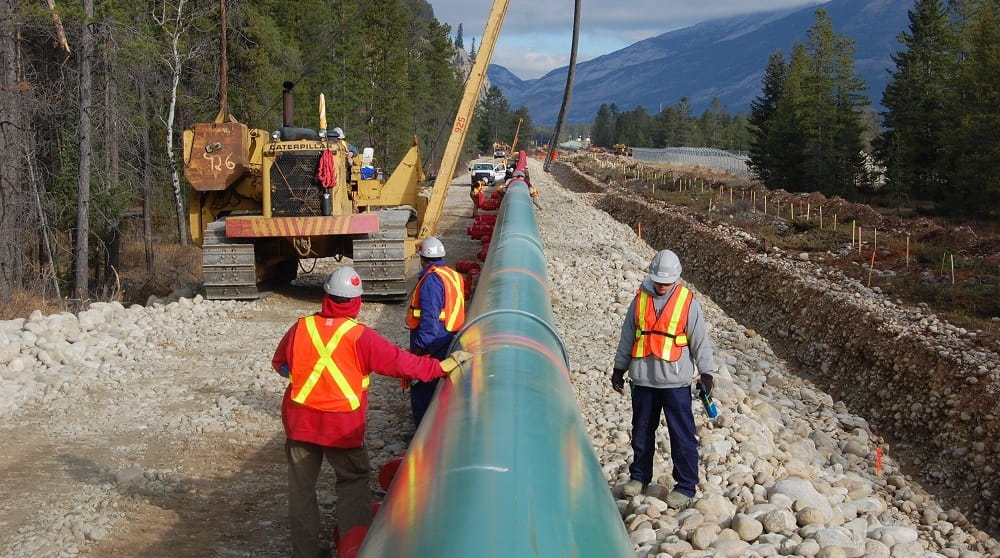Pipeline firms in B.C. set for major tax breaks, leaving municipalities warning that residents could bear the financial fallout.
Pipeline Tax Reassessment Sparks Public Concern
Industry wins a long-sought change
Pipeline companies operating across British Columbia—including Enbridge, Trans Mountain, and FortisBC—are set to receive millions in property tax reductions following nearly a decade of lobbying. BC Assessment, the provincial authority responsible for property valuations, confirmed that a review launched in 2016 has led to a significant reassessment of pipeline values, lowering their taxable worth province-wide.
Behind nearly a decade of industry lobbying
BC Assessment representative Chris Whyte told the Thompson-Nicola Regional District (TNRD) board on October 23 that pipeline operators first challenged their assessed values nine years ago, arguing the 1986 valuation model did not reflect modern construction costs. Major industry players—including TC Energy, Canadian Natural Resources, FortisBC, and Pembina—formed a working group representing about 90 per cent of B.C.’s pipeline value to push for reforms.
Massive drops in law, municipalities cannot run deficits. The reduction in industrial property taxes means local governments may need to raise residential rates or cut essential services. Urban centres such as Burnaby, Kamloops, and North Vancouver—already under pressure from rising costs—could also feel the ripple effects as they attempt to balance budgets.
Political fallout and opposition response
The Conservative Party of British Columbia has denounced what it calls a “backroom deal,” introducing new legislation to halt the reassessment until municipalities are consulted. “This is not just a rural issue,” said Kamloops Centre MLA Peter Milobar. “Cities across B.C. will be forced to make up the shortfall from a tax break negotiated behind closed doors with billion-dollar corporations.”
Fraser-Nicola MLA Tony Luck added that the cuts come at a time when rural industries like forestry are already struggling under tariffs and layoffs, leaving communities “desperate to keep the lights on.”
Provincial stance and next steps
The Ministry of Finance said the new pipeline appraisal model—set to take effect for the 2026 assessment roll—will include annual updates using modern construction-cost data. The ministry maintains that the goal is to improve “assessment stability” and reflect current industry economics, not to benefit private corporations.
Municipalities, however, argue they were notified too late in the budget cycle. Clearwater’s mayor said the province’s communication was insufficient: “If you’re going to take away 10 per cent of a community’s taxation, a phone call might be a good idea.”
Impact to watch in 2026 and beyond
Local governments across British Columbia are now bracing for potential double-digit tax increases on residents or reductions in services if the reassessments proceed. How the province balances corporate fairness with municipal stability will determine whether these tax changes become a fiscal relief for industry—or a new burden for British Columbians.
Your voice. Your city. Your news. Stay connected with Surrey Speak.


























